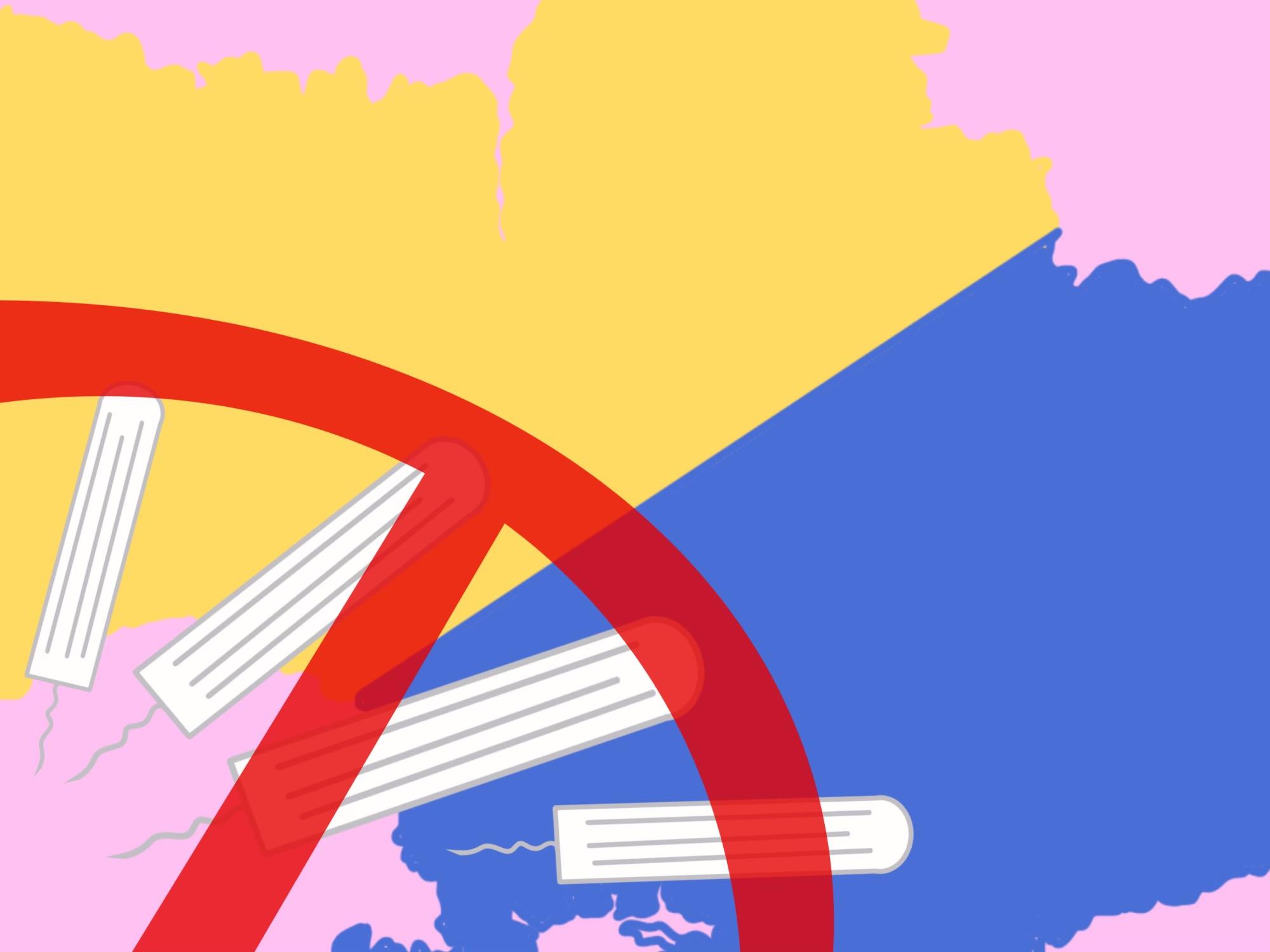This article contains mentions of genocide and rape.
We continue to observe the ruinous effects of the war on Ukraine through imagery and eyewitness accounts from various news outlets. If you are subscribed to The New York Times’ “The Morning” brief, you read about new horrors in Ukraine almost daily. What we don’t see or hear about as often are the consequences of war on reproductive health — despite numerous records on the topic.
Historically, women experienced increased sexual violence, poor birth outcomes and human trafficking all caused by war. In the Rwanda genocide of 1994, it is estimated that 500,000 women were raped.
After 1991, Gulf war veterans likely demonstrated a significant decrease in spermatogenesis — the development of sperm cells — after exposure to harmful war chemicals and prolonged stress, resulting in an increase in infertility. In the Vietnam War, veterans exposed to Agent Orange — a toxic tactical herbicide — showed decreased semen quality due to lower sperm concentrations, as well as a myriad of other health problems.
Let’s assess these issues against the current war in Ukraine.

In March, the United Nations Population Fund estimated more than 80,000 Ukrainians would give birth in the next three months. However, an attack on a maternal health hospital in Mariupol left hundreds of people seeking obstetric and gynecological care. Thousands of pregnant women expected to give birth in Ukraine this spring will likely resort to bomb shelters as safe birthing locations and will have little access to safe maternal and newborn care if a complication arises.
The World Health Organization explains that sexual assault and violence are drastically increasing in Ukraine, posing a high risk situation for women traveling alone, children and other vulnerable communities. Women seeking abortions due to unplanned or unwanted pregnancies will have a challenging time reaching secure and cost-effective clinics and mental health facilities. Poland — while taking in refugees from Ukraine — bans abortion in almost every case, with only a few, strict exceptions, making Ukrainian women more concerned about their health rights in a time where they are already fleeing for their lives.
Access to essential reproductive healthcare services is also a concern for people who need testing and treatment for sexually transmitted infections. An uptick in sexual and gender-based violence combined with limited access to condoms increases risk for contracting STIs during war. Contraception is currently hard to come by in Ukraine, in the form of both hormonal birth control and barrier methods.
Human immunodeficiency virus, or HIV, attacks the body’s immune system and is another significant health risk in the region, affecting nearly 1% of the Ukrainian population. Infection rates of HIV are often higher in men who have sex with men, and access to proper treatment for HIV is limited.
The WHO reported HIV-exposed infants will especially be in need of care during this crisis. Without treatment for HIV, people have the potential to develop acquired immunodeficiency syndrome, which often results in death.
There is a specific target on the backs of women, minority groups and people with disabilities, which sex offenders and sex trafficking rings take aim at. Sexual assault medical care and rape crisis centers tend to receive the least amount of attention during crises, even though demand is high. Believing survivors of these tragic events, and taking action to incriminate members contributing to the sex trafficking industry, are two ways to consistently support the reproductive health needs of those surviving violent sexual situations.
The United Nations Population Fund, Doctors Without Borders and the United Nations Children’s Fund are trying to make sexual and reproductive health care a priority for the people in Ukraine. Essential medical supplies and services — midwifery kits, WASH & Dignity Kits with hygiene and safety supplies and general first aid kits — are being distributed throughout Ukraine and countries with Ukrainian refugees.
We can help prioritize reproductive health care in war zones by discussing the problem, writing about it and donating to organizations assisting with the crisis. Our ignorance enables the collapse of essential health care — especially during war. As you sit with your morning cup of coffee and read about Mariupol’s last stand or Vladimir Putin’s close ties with the prime minister of Hungary, consider what is happening behind the face of the conflict, to the individuals facing serious threats to their reproductive health and well-being and make it known.






















































































































